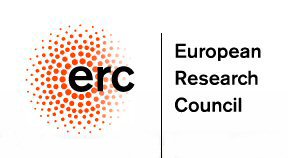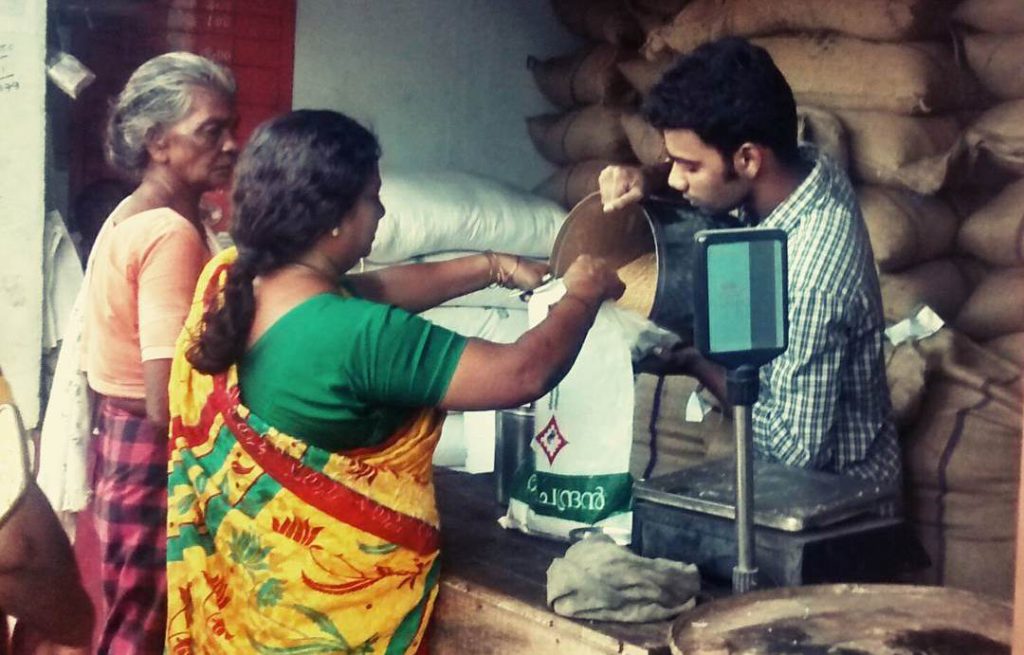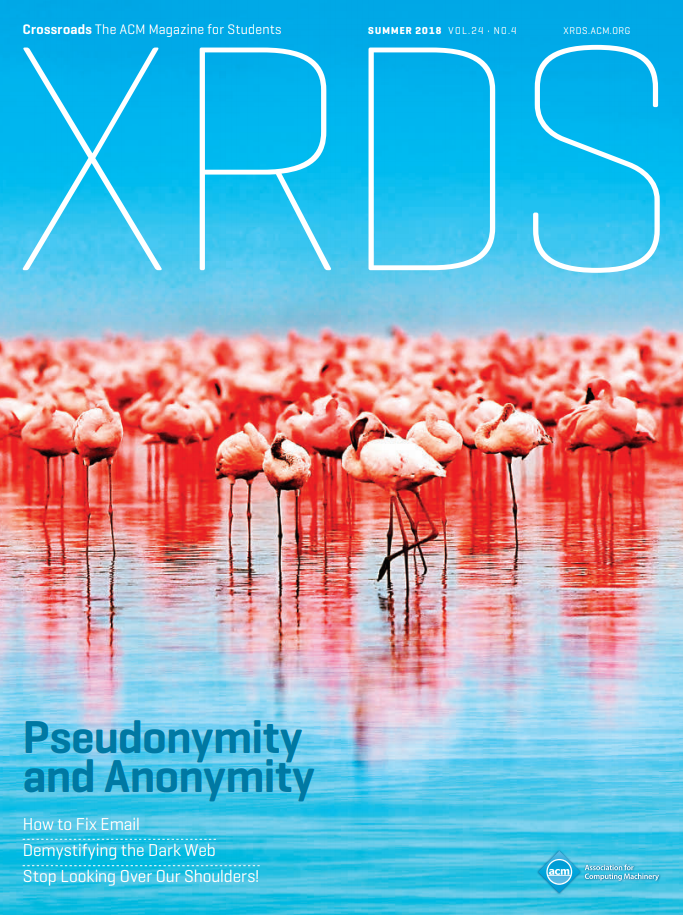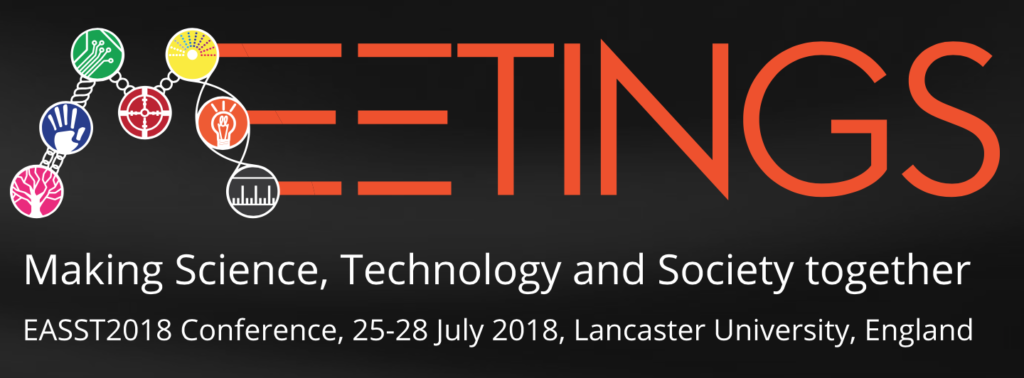By Silvia Masiero, Loughborough University
The notion of datafication implies rendering existing objects, actions and processes into data. Widely studied in the field of business intelligence, datafication is known to restructure consumer behaviour and the functioning of markets in multiple ways. But a less-widely researched aspect pertains to the datafication of public welfare and social protection programmes, on which the livelihoods of many poor and vulnerable people worldwide are based. The field of information and communication technology for development (ICT4D), which for more than thirty years has focused on the roles of informatics in development processes, is coming to realize the growing importance of datafication in the enactment of social policies.
Datafication acquires a particular meaning when referring to anti-poverty programmes, which are social protection schemes designed specifically for the poor. In such schemes, what is converted into machine-readable data is in the first place the population of entitled users. This leads to restructuring two core functions of anti-poverty schemes: first is the recognition of beneficiaries, automatizing the process that discriminates entitled individuals and households from non-entitled ones. Second is the correct assignation of entitlements, based on the availability of machine-readable data for their determination. While both functions were previously paper-based or only partially digitized, datafication affords the power to automatize them, with a view of infusing greater effectiveness and accountability in programme design.
Against this backdrop, my research focuses on the two concomitant aspects of the effects of datafication on the architecture of anti-poverty programmes, and its consequences on the entitlements that beneficiaries receive through them. My PhD thesis focused on the digitalization of the Public Distribution System (PDS), which is India’s largest food security programme and centres on distributing primary necessity items (mainly rice, wheat, sugar and kerosene) at subsidized prices to the nation’s poor. The back-end digitalization of the scheme, started at the state level in the early 2000s, is now culminating in datafication of the programme through the Unique Identity Project (Aadhaar), an identity scheme that constitutes the biggest biometric identification database in the world. Built with the declared purpose of facilitating the socioeconomic inclusion of India’s poor, Aadhaar provides all enrolees with a 12-digit number and the capture of biometric details, to make sure, among other aspects, that each enrolee obtains their social benefits through a simple operation of biometric recognition.
Datafication contributes to deep transformation of anti-poverty programmes, with mixed effects on programme architecture and entitlements of beneficiaries
My data collection on the datafied PDS has occurred in the two southern Indian states of Kerala and Karnataka, and also comprehends a review of the state-level cases of Aadhaar-based PDS currently operating in India. Through the years, my research has developed three lines of reflection which I synoptically illustrate below.
First, datafication is constructed by the Indian central government as a tool for simplification of access, and of improvement of users’ capability to obtain their entitlements under existing schemes. The Aadhaar-based PDS is indeed constructed to reduce the inclusion error, meaning access to the programme by non-entitled people, and the exclusion error (Swaminathan 2002), meaning the negation of subsidy to the entitled. In doing so, the biometric system traces sales from PDS ration shops to reduce diversion (rice mafia), an illegal network through which foodgrains aimed at the poor are diverted on the market for higher margins. What emerges from my research is a strong governmental narrative portraying Aadhaar as a problem-solver of PDS: technology is depicted by government officials as a simplifier of the existing system, facilitating a better and more accountable functioning of a leakage-prone anti-poverty scheme that has been in operation for a long time.
Second, recipients’ view of the datafied PDS is mixed: it reveals some positive changes, but also a set of issues that were not in place before the advent of the biometric system. One, making access conditional to enrolment in the Aadhaar database, the new system subordinates the universal right to food to enrolment in a biometric database, leading the poor to ‘trade’ their data for the food rations needed for their livelihoods. Two, while the programme is designed to combat the inclusion error, new forms of exclusion are caused by systems’ malfunctionings leading to failure in user recognition, which in turn results in families having their food rations denied even for several months in a row. Three, the system is not built to act on the back-end diversion (PDS commodities being diverted before they reach the ration shops where users buy them), where, according to existing studies of the PDS supply chain, the greatest part of goods is diverted (Khera 2011, Drèze & Khera 2015).
Third, there is a specific restructuring intent behind the creation of an Aadhaar-based PDS. From documents and narratives released by the central government, a clear teleology emerges: Aadhaar is not conceived to simply streamline the PDS, but to substitute it, in the longer run, with a system of cash transfers to the bank accounts of beneficiaries. As government officials declare, this serves the purpose of reducing the distortion caused by subsidies, and create a more effective system where existing leakages cannot take place. A large majority of beneficiaries, however, is suspicious towards cash transfers (Drèze et al. 2017): a prominent argument is that these are more complex to collect and handle, with respect to the secure materiality of PDS food rations. What is sure, beyond points of view on the appropriateness of cash transfers, is that the teleology behind the Aadhaar-based PDS is not that of streamlining the system, but that of creating a new one where the logic of buying goods on the market replaces the existing logic of subsidies.
Aadhaar concurs to enable a shift from in-kind subsidies to cash transfers, with uncertain consequences on poor people’s entitlements
Rooted into field research on datafied anti-poverty systems, these reflections offer two main contributions to extant theorizations of datafication in the Global South. First, they highlight the role of state governments in using datafied systems towards construction of a positive image of themselves, portraying datafication as a problem-solving tool adopted to tackle the most pressing issues affecting existing programmes. The power of datafication, embodied by large biometric infrastructures such as Aadhaar, is used to project an image of accountability and effectiveness, relied upon in electoral times and in the construction of consensus from the public opinion. At the same time, citizens’ perspectives reveal forms of data injustice (Heeks & Renken 2018) which did not exist before datafication, such as the denial of subsidies based on failure of user recognition by point-of-sale machines or the subordination of the right to food to enrolment in a national biometric database.
Second, datafication is often portrayed by governments and public entities as a means to streamline anti-poverty programmes, improving the mechanisms at the basis of their functioning. By contrast, my research suggests a more pervasive role of datafication, capable of transforming the very basis on which existing social protection systems are grounded (Masiero 2015). The Aadhaar case is a revealing one in this respect: as it is incorporated in extant subsidy systems, Aadhaar does not aim to simply improve their functioning, but to substitute the logic of in-kind subsidies with a market-based architecture of cash transfers. Moving the drivers of governance of anti-poverty systems from the state to the market, datafication is hence implicated in a deep reformative effort, which may have massive consequences on programme architecture and the entitlements of the poor.
Entrenched in the Indian system of social protection, Aadhaar is today the greatest datafier of anti-poverty programmes in the world. Here we have outlined its primary effects, and especially its ability to reshape existing anti-poverty policies at their very basis. Ongoing research across ICT4D, data ethics and development studies pertains to the ways datafication will affect anti-poverty programme entitlements, for the many people whose livelihoods are predicated on them.
Silvia Masiero is a lecturer in International Development at the School of Business and Economics, Loughborough University. Her research concerns the role of information and communication technologies (ICTs) in socio-economic development, with a focus on the participation of ICT artefacts in the politics of anti-poverty programmes and emergency management.
References:
Drèze, J., and Khera, R. (2015) Understanding leakages in the Public Distribution System. Economic and Political Weekly, 50(7), 39-42.
Drèze, J., Khalid, N., Khera, R., & Somanchi, A. (2017). Aadhaar and Food Security in Jharkhand. Economic & Political Weekly, 52(50), 50-60.
Heeks, R., & Renken, J. (2018). Data justice for development: What would it mean? Information Development, 34(1), 90-102.
Khera, R. (2011). India’s Public Distribution System: utilisation and impact. Journal of Development Studies, 47(7), 1038-1060.
Masiero, S. (2015). Redesigning the Indian food security system through e-governance: The case of Kerala. World Development, 67, 126-137.
Swaminathan, M. (2002). Excluding the needy: The public provisioning of food in India. Social Scientist, 30(3-4), 34-58.









